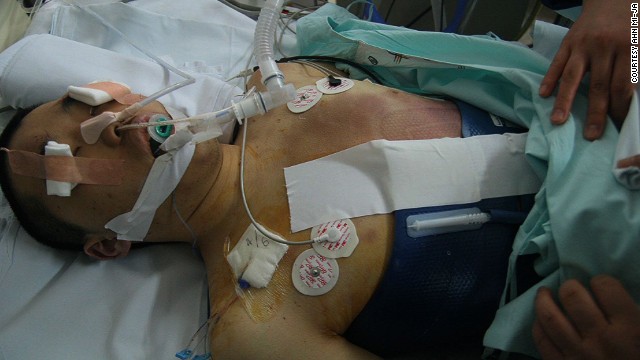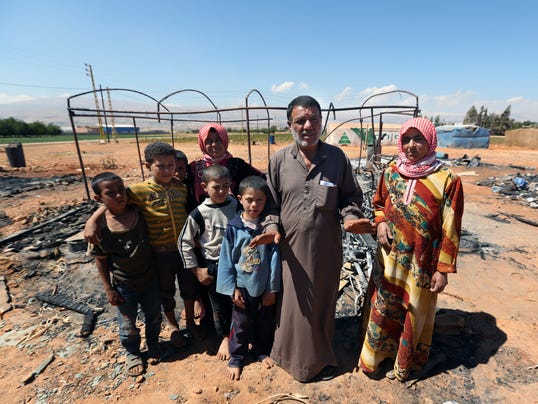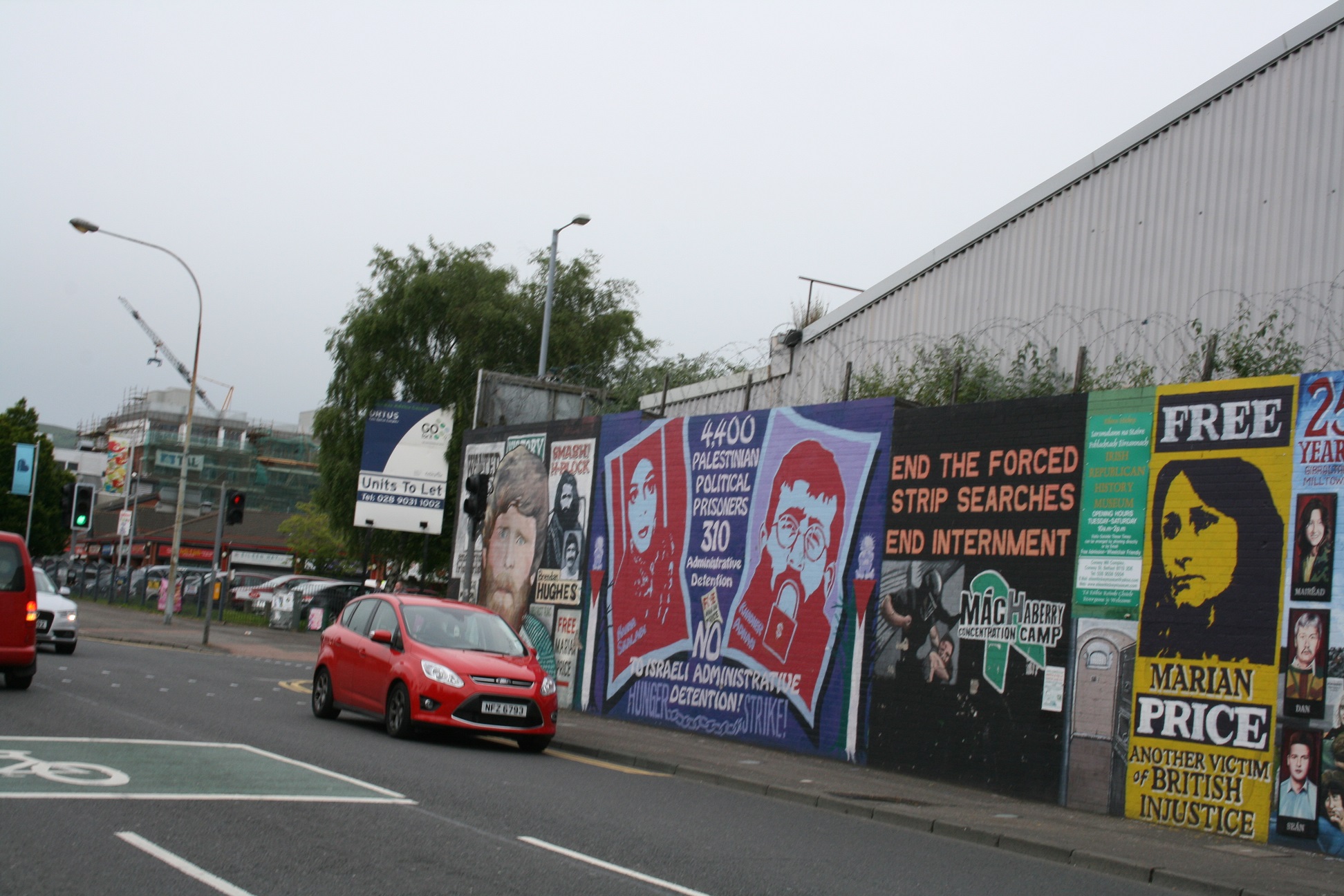By Kyle Herda
Impunity Watch Reporter, Europe
VILNIUS, Lithuania – In Russia’s most recent move against the Baltic states of Latvia, Estonia, and Lithuania, Moscow has sought to reopen criminal investigations into Lithuanian residents who refused to serve in the Soviet army after Lithuania declared dependence in 1990. An estimated 1500 young people refused the orders nearly 25 years ago, and now Russia wants them to pay.

While Russia has already made this same request once prior, roughly ten years ago, the surrounding context now makes the situation more dire. The recent abduction of the Estonian border guard, coupled with Russia’s current attempt to prosecute him for allegedly spying, has forced the Lithuanian State Security Department to advise Lithuanians who withdrew from the Soviet army in 1990 to refrain from traveling outside of Lithuania, or at least outside of any European Union or NATO countries.
Lithuanian President, Dalia Grybauskaite, has taken the additional step to establish certain strategic sectors of the Lithuanian economy as those that should have major investments first vetted to the government. This comes as a matter of national security after a Russian-led company leased two large plots of land next to Siauliai airport, where NATO planes patrol the Baltic skies. NATO currently has Operation Reassurance based in Siauliai, and the aims of this operation are to preserve NATO European airspace and safeguard NATO nations from air attacks, specifically in response to Russia’s recent aggressions in eastern Europe.
Russia has also flown jets close to Baltic borders over 140 times this year, and recently successfully tested its new Bulava Intercontinental Ballistic Missile (“ICBM”) with a range of 8,000 kilometers. Russia has recently spoken out about securing the rights and interests of ethnic Russians. Russia’s Foreign Ministry chief monitor of human rights overseas, Konstantin Dolgov, in a speech in Latvia’s capital, Riga, said, “It has to be stated with sadness that a huge number of our compatriots abroad, whole segments of the Russian world, continue to face serious problems in securing their rights and lawful interests.”
As long as the military remains involved on both sides of the border, there will remain worry and uneasy feelings for all parties involved. On the one hand, worries in the Baltics are completely justified, as the situation in Ukraine prior to both Russia’s annexation of Crimea and the subsequent invasion by Russia of eastern Ukraine draws many parallels to what we are seeing now in Russia’s behavior towards the Baltic States. On the other hand, the situation in the Baltics differs from Ukraine in that NATO has already stated that a military response would come for the Baltic States in the event of a Russian invasion, citing Article 5 of the North Atlantic Treaty as justification of such an event.
So while concerns that this may be Crimea all over again carry heavy weight, they may not be entirely justified. While the situation began very similarly, the implications here if events continue down the same path would result in a very different, and potentially much bloodier, outcome. Perhaps this will deter either side from pushing too far, or perhaps this will allow for a much greater escalation in events.
For more information, please see:
Ottawa Citizen – Photos: CF-18 and F-16 Falcons over Lithuania – 17 September 2014
Reuters – Lithuania to vet more investments for national security risks – 17 September 2014
Baltic Review – Lithuanians Strongly Advised to Refrain from Traveling to Countries Outside the EU or NATO – 17 September 2014
The Baltic Times – More Russian jets near Baltic borders cause for concern, says army chief – 17 September 2014
The Moscow Times – Russia Sees Need to Protect Russian Speakers in NATO Baltic States – 16 September 2014
Canada National Defence and the Canadian Armed Forces – Operation REASSURANCE – 12 September 2014
The Moscow Times – Russia Proves Nuclear Muscle With Ballistic Missile Launch – 10 September 2014





